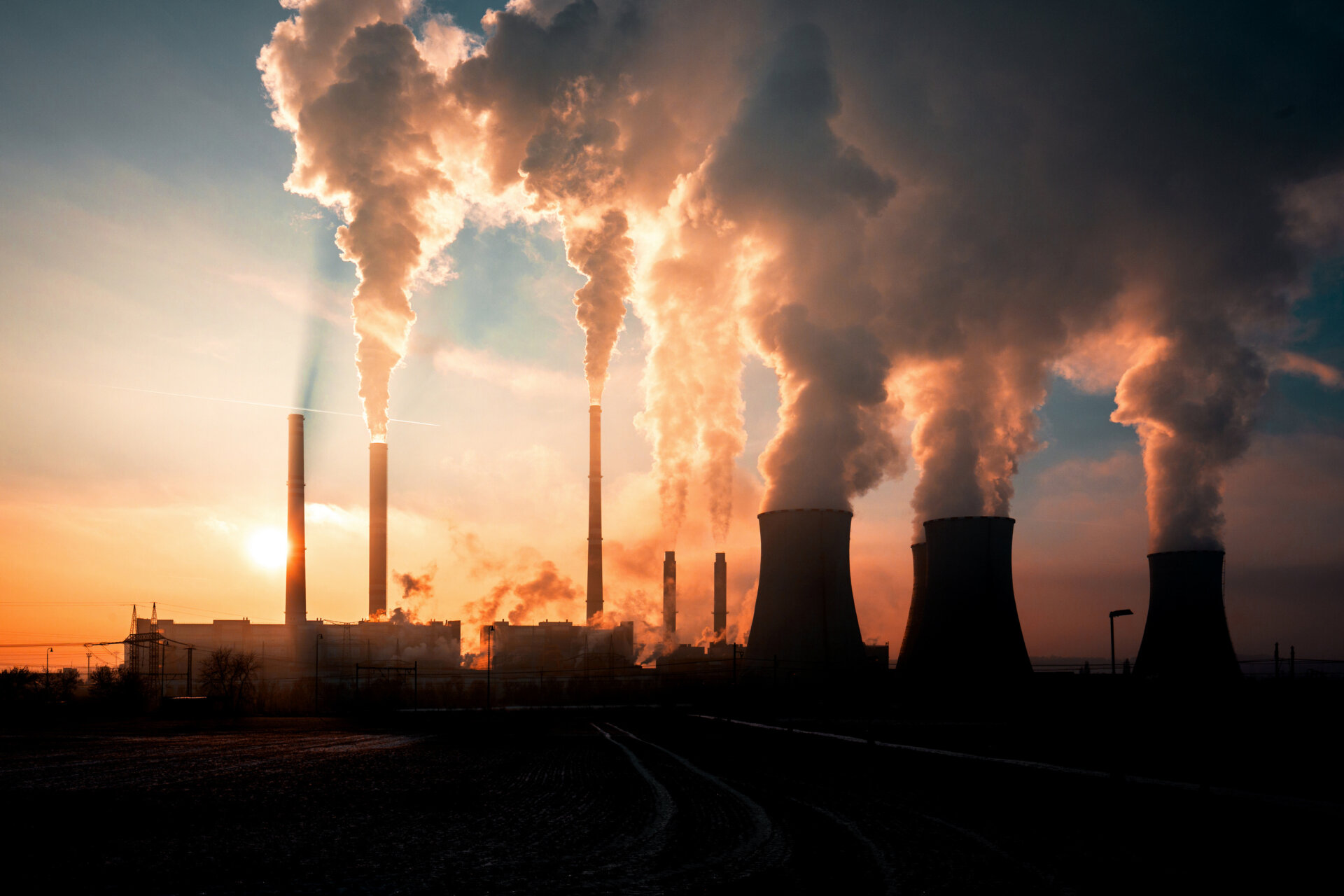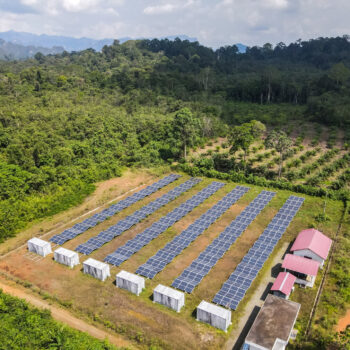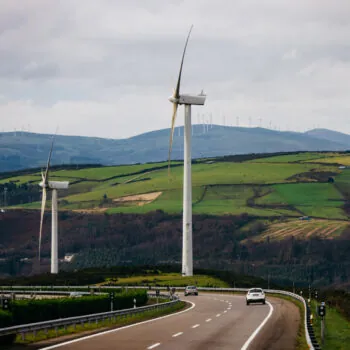A new analysis shows that while ten countries are signalling a shift away from fossil fuels in their updated national climate plans, known as NDCs, the overall pace and scale of action remain too limited to meet global climate goals.
A new analysis by E3G and Zero Carbon Analytics of 22 updated Nationally Determined Contributions (NDCs) finds that:
- 10 countries have reaffirmed or strengthened commitments to move away from fossil fuels
- 7 countries mention the phaseout or removal of fossil fuel subsidies in certain sectors
- Only 3 countries—Canada, Singapore, Marshall Islands—commit to having no fossil fuel subsidies
- 1 industrialised economy—the UK—has submitted an NDC compatible with a 1.5°C pathway. Several developing countries, including Kenya, have submitted 1.5°C-aligned NDCs conditional on international support, despite being minor emitters.
- Several countries, including Nepal, The Maldives, and Moldova, explicitly link fossil fuel phaseout to economic, health, and energy security benefits
“More countries are starting to see fossil fuel phaseout not only as a climate imperative, but as a pathway to cleaner air, lower costs, and greater energy security,” said Dido Gompertz, Policy Advisor in E3G’s Global Clean Power Diplomacy team. “That shift is real—but without serious near-term action from major emitters like China, the EU, and India, we won’t get far enough, fast enough. These plans are more than pledges—they’re signals of intent. And right now, the world’s biggest players are too quiet.”
Several new NDCs illustrate what the transition can look like in practice. The UK phased out coal in 2024 and is consulting on not issuing new licenses for oil and gas exploration. The Marshall Islands links fossil fuel phaseout to better air quality, new employment opportunities for women, and improved energy security. Moldova highlights reduced exposure to volatile international energy prices and lower public health costs. Kenya and Brazil point to the need for international support to make the transition fair and equitable, especially in developing economies with unmet energy demand.
“Emerging economies like Indonesia and South Africa also have a critical role to play,” added Robi Ginting, a Jakarta-based Policy Advisor in E3G’s International Hub. “Both are highly exposed to climate and trade risks, and both have the tools to lead. But for now, their pace of action is out of step with both their potential and the urgency of the moment.”
At the same time, progress remains uneven. New Zealand and the United States have reversed bans on fossil fuel exploration. Fourteen countries mention fossil fuel subsidy reform in some form, but only Canada has adopted a binding framework for phaseout. Few countries explicitly commit to full divestment from fossil fuel assets. And despite growing calls for reform, no country has introduced a nationwide moratorium on fossil fuel exploration.
“What we’re seeing is a gap between political signaling and policy delivery,” said Victoria Kalyvas, Research Associate at Zero Carbon Analytics. “Countries are increasingly acknowledging the need for a fossil fuel phaseout in their climate plans—but few are backing that up with timelines or structural reforms.”
To limit warming to 1.5°C, emissions must peak by 2025 and fall 43% by 2030, but existing fossil fuel infrastructure alone could overshoot the carbon budget unless mitigated. The IEA and IPCC agree: no new fossil fuel projects are needed, and 95% of energy investment should shift to clean energy by 2035 to avoid a costly and unjust transition. As COP30 approaches, major emitters like the EU, China, and India must lead on phasing out fossil fuels, while countries like Indonesia and South Africa can show how climate goals and development can go hand in hand.
“In its latest letter, the COP Presidency finally named what’s at stake: phasing out fossil fuels and tripling renewables,” said Leo Roberts, Programme Lead in E3G’s Global Clean Power Diplomacy team. “Now the pressure’s on. With the September NDC deadline fast approaching, Brazil has a critical chance to turn that signal into substance. As COP30 host, it can rally countries to submit climate plans with real timelines, clear targets, and credible strategies to move beyond fossil fuels.”


